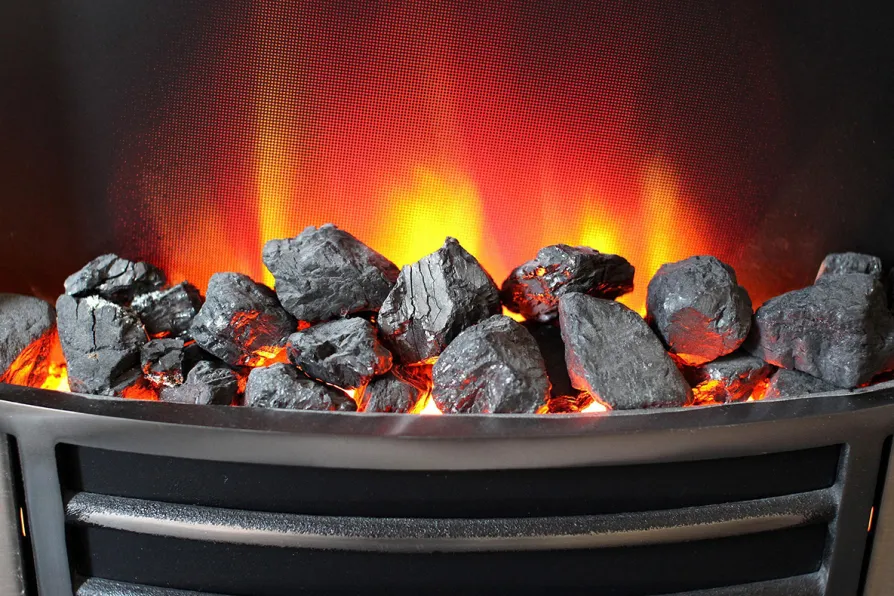April price rise to plunge millions into fuel misery
‘Worst time ever’ for market madness in energy sector, warns We Own It

 April price rise to plunge millions into fuel misery
April price rise to plunge millions into fuel misery
GOVERNMENT support for profits over the public interest will mean intensifying pain for millions of elderly people from next month, campaigners have warned.
New research reveals that almost a quarter of older households in England will be in fuel stress once energy prices rise.
A survey by Age UK released today has suggested that 24 per cent of older households will struggle to afford to heat their homes when energy prices increase from April 1, up from 12 per cent now.
Similar stories

Energy giants rake in half a trillion pounds out of people’s misery, campaigners warn

Government must take action, union warns: ‘We can’t go on with billionaires getting ever richer whilst working people suffer’












